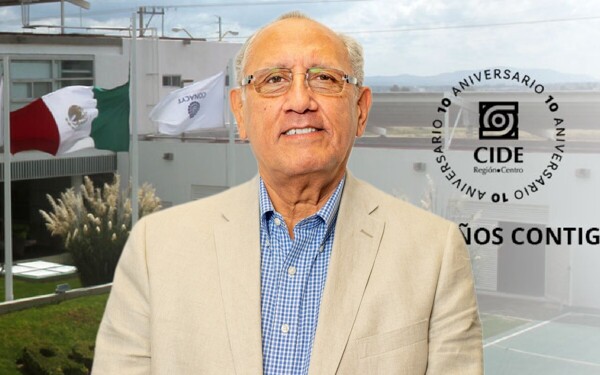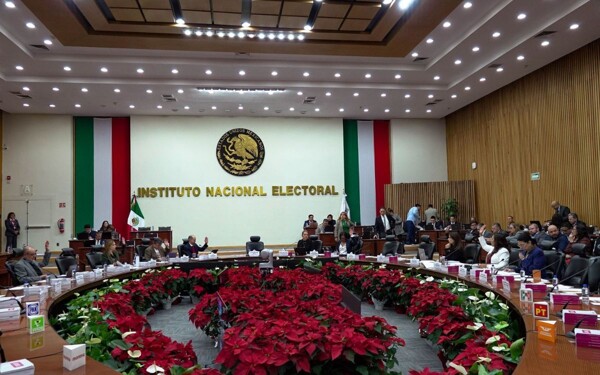
The first Latin American Summit of Digital Defenders in Mexico suffered a cyberattack during a live broadcast, according to reports this Wednesday from the government and the organizers of the regional event, which questions the policies of major technology companies.
The aggression occurred during the dialogue table ‘Historical Memory of the Olimpia Law’ at the start of activities on the second day of the summit that began on Tuesday, when infiltrators projected images with explicit sexual content.
“This type of action illustrates the patriarchal violence that seeks to intimidate and silence women who gather to build global agendas for the defense of our rights,” warned in a statement the organization Digital Defenders of the Olimpia Law Movement, which fights against online sexual violence.
Additionally, the summit organizers described this aggression as “a clear reflection of the rejection” of their voices and their determination to transform the digital environment from a feminist perspective.
“Despite these sabotage attempts, we reaffirm our commitment to continue influencing, advancing, and fighting for a digital environment free of violence. We will not allow digital violence to infiltrate our spaces without a firm response,” they stated.
The Ministry of Women of the Mexican government condemned the events “energetically” and warned that “the transmission of pornographic images during the summit is an intimidating act against digital defenders.” Moreover, it pointed out that this aggression is a demonstration of the importance of redoubling efforts to eliminate patriarchal complicities that threaten the dignity and safety of women.
Finally, the agency recognized the fight of the Olimpia Law movement, which punishes the dissemination of sexual images without consent, and assured that it “will be attentive to the investigations carried out by the relevant authorities to sanction those responsible.”
The president of the National Conference of Governors (Conago), Marina del Pilar Ávila, also expressed solidarity with the summit organizers and called on the competent authorities to investigate and punish those responsible for the attack.
“This incident represents a significant violation of the privacy and digital autonomy of the participants, highlighting how technologies can be used to reproduce dynamics of violence against women,” warned the official, governor of Baja California.
From February 24 to 27, activists, survivors of digital sexual violence, and public officials from Mexico, Argentina, Colombia, Ecuador, Guatemala, Bolivia, Honduras, Panama, and El Salvador, gathered at this first summit in the Mexican capital. They seek to create a regional model to punish digital sexual violence, amid the new risks posed by the modification of images with artificial intelligence (AI).














